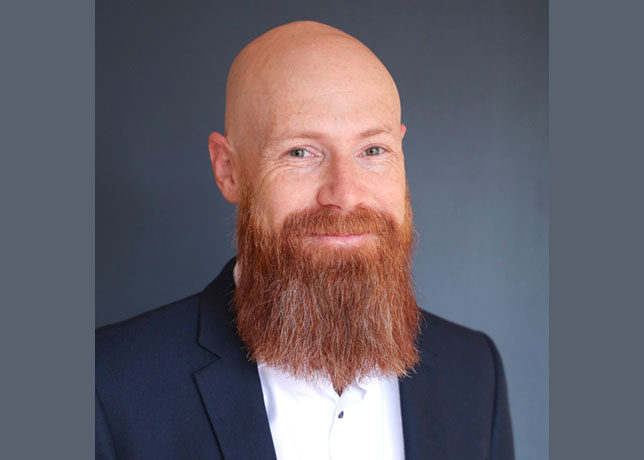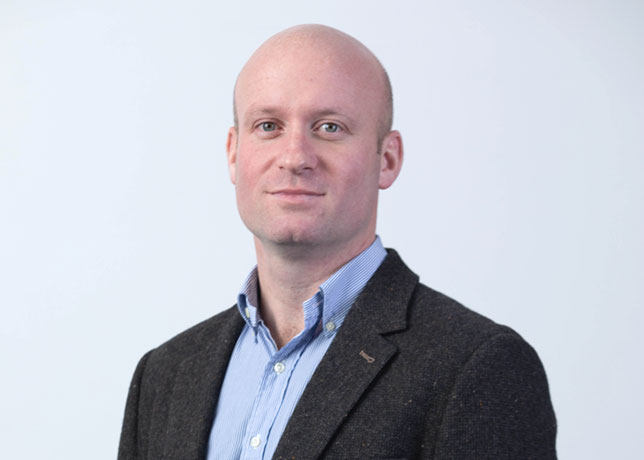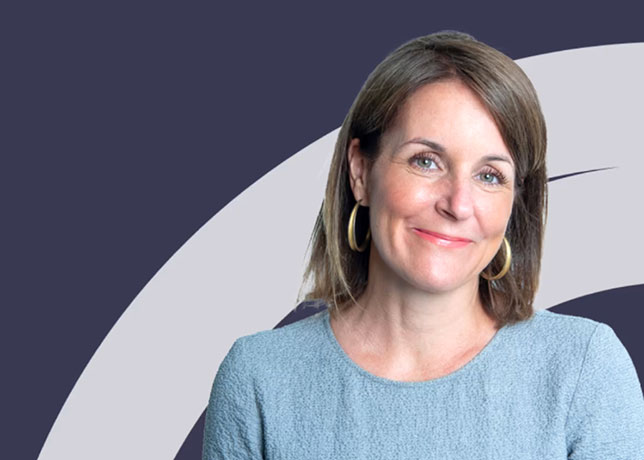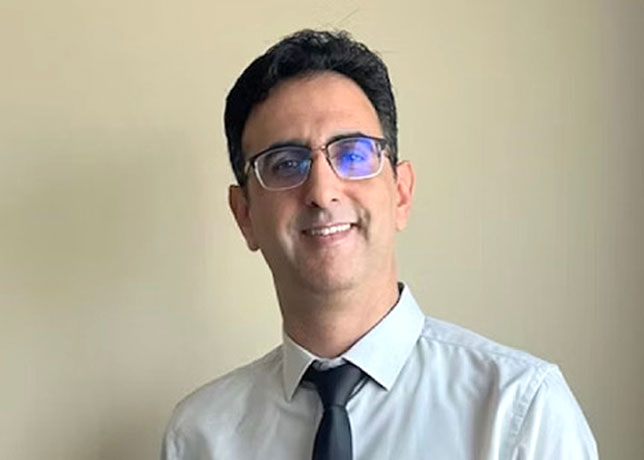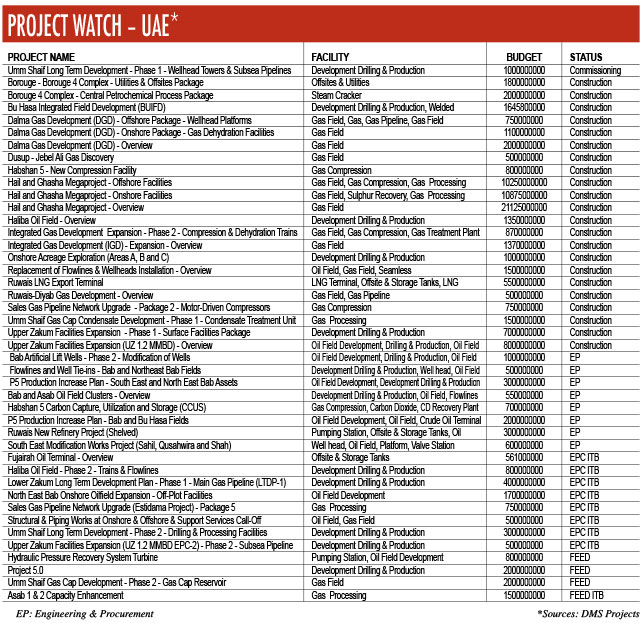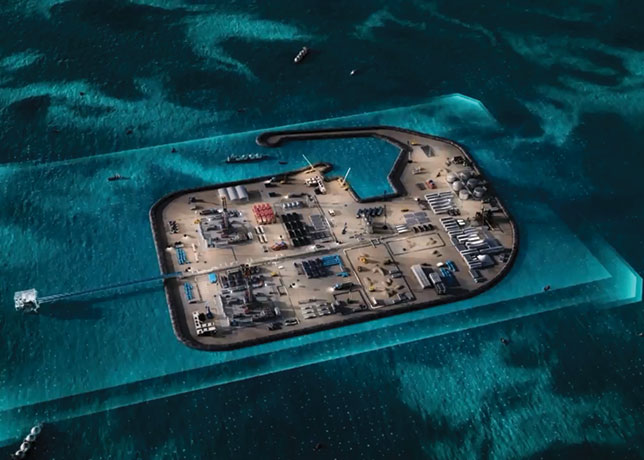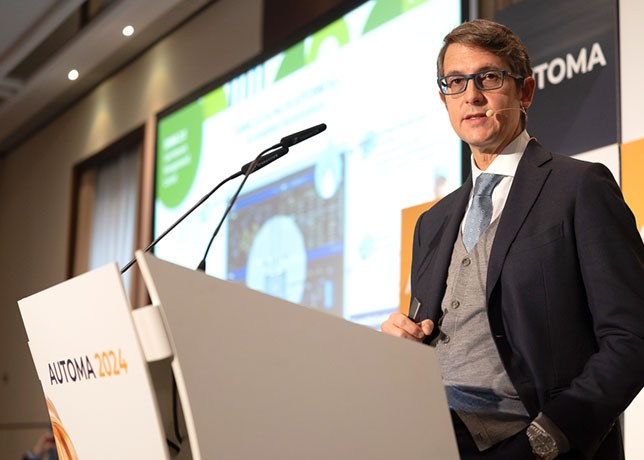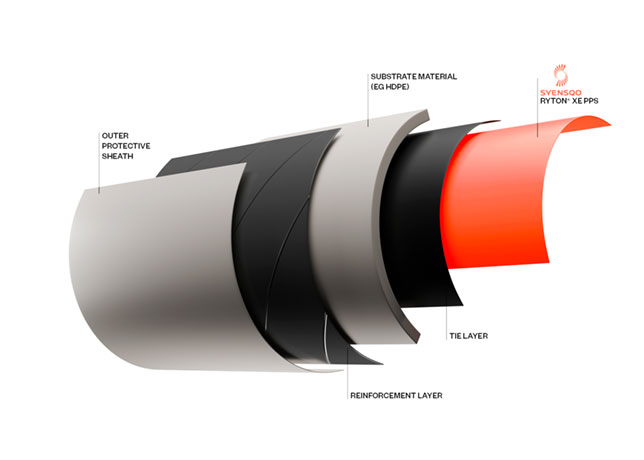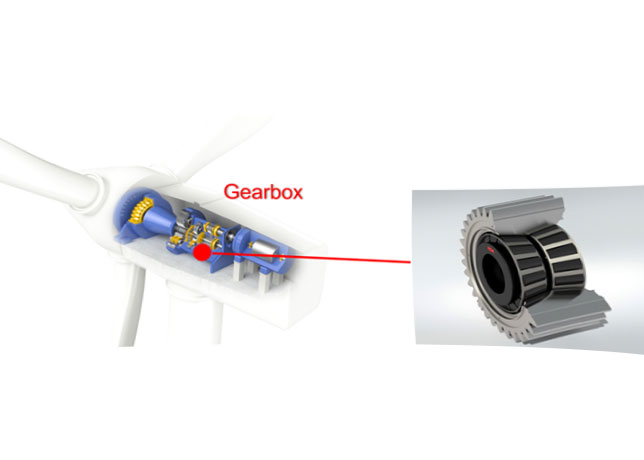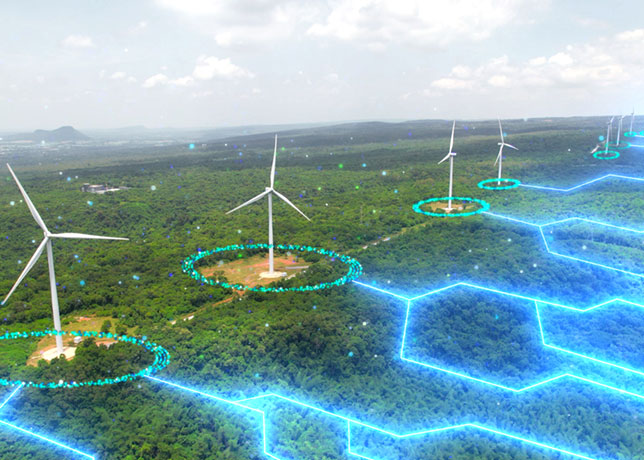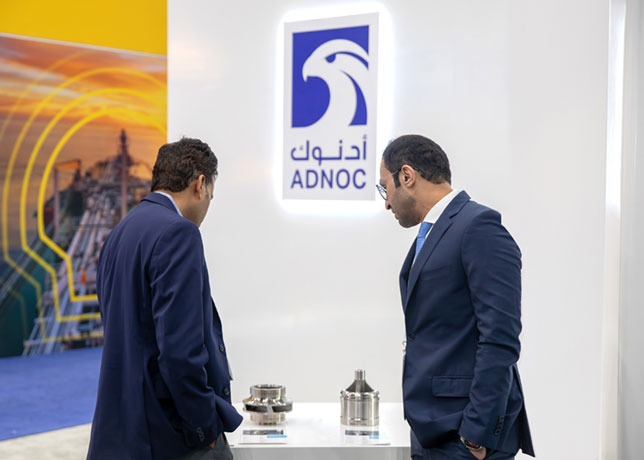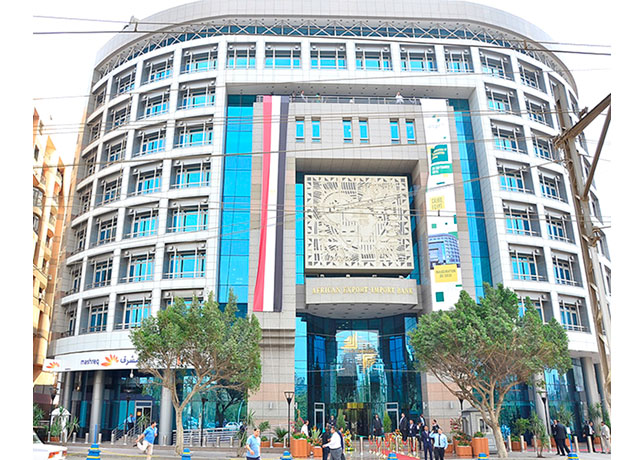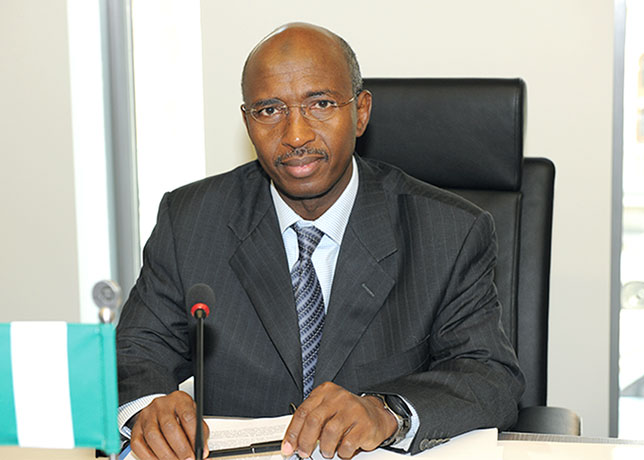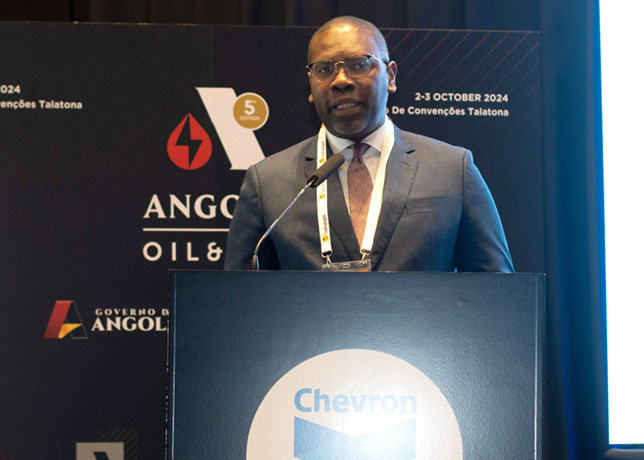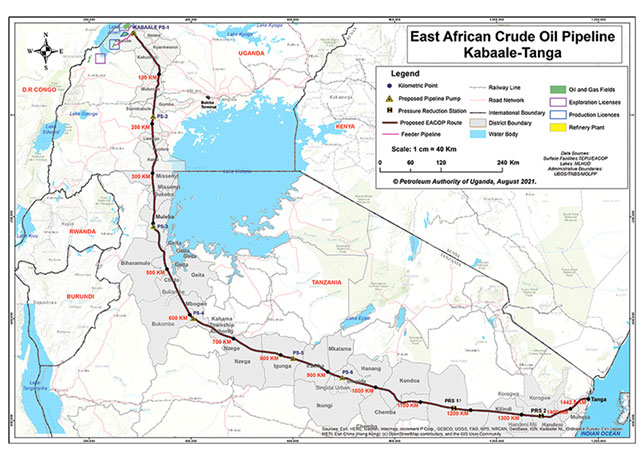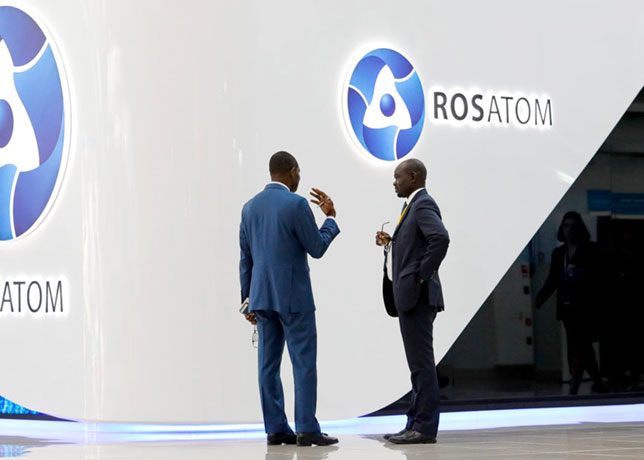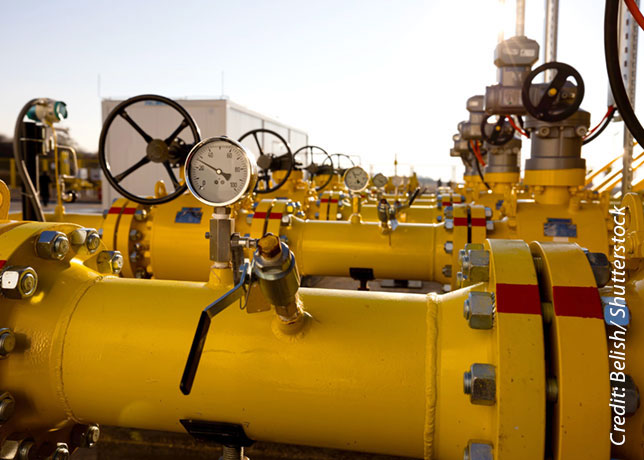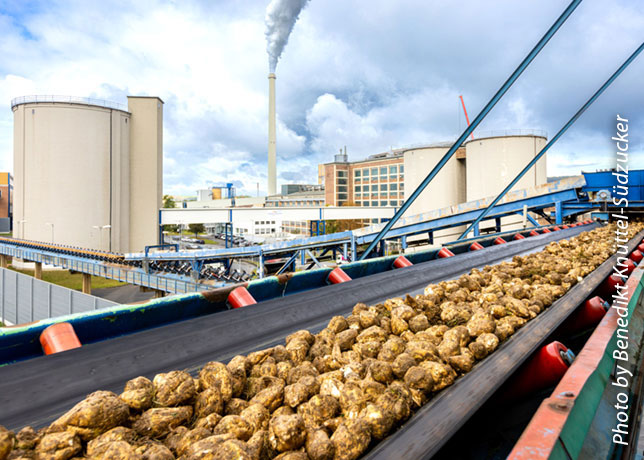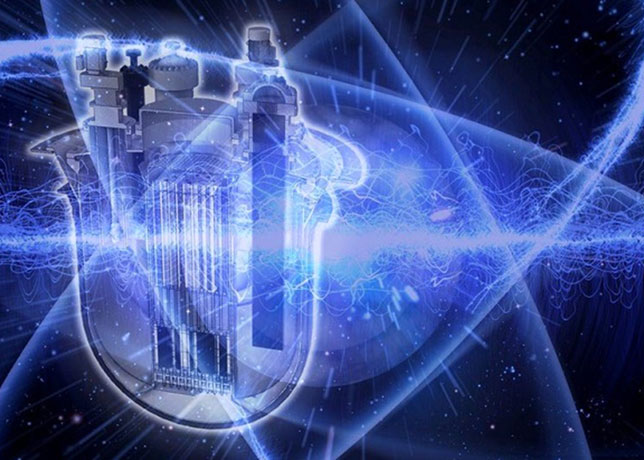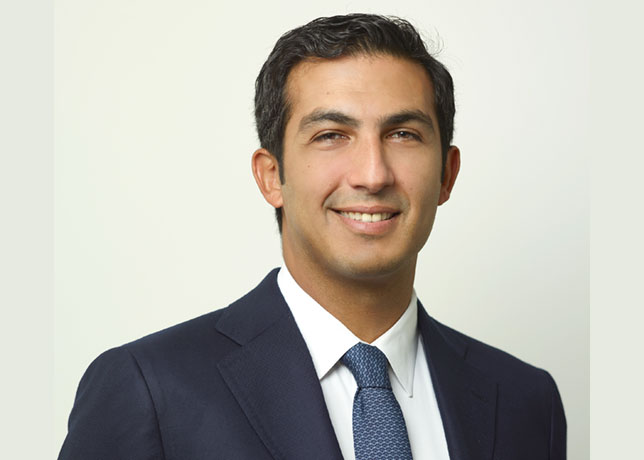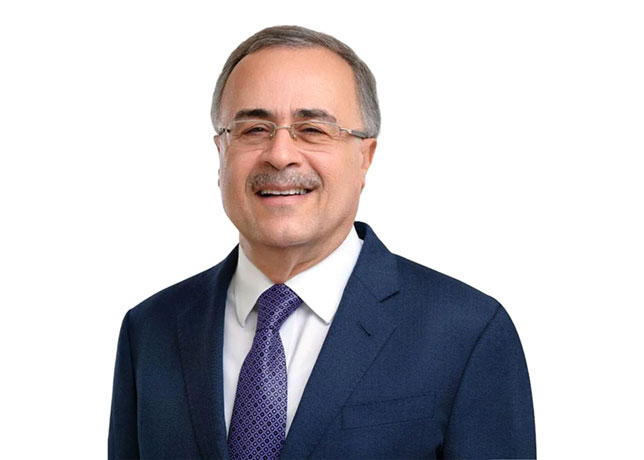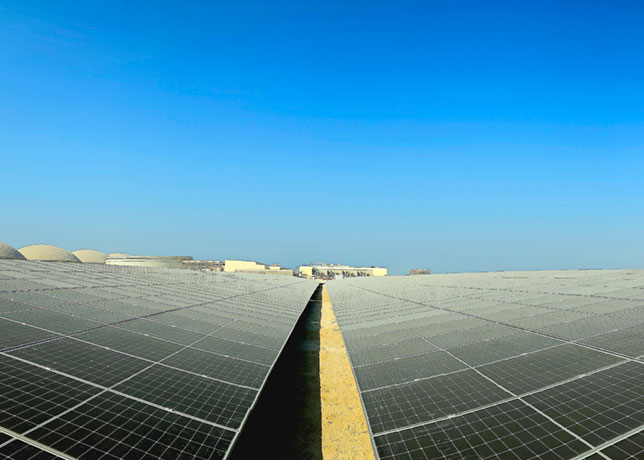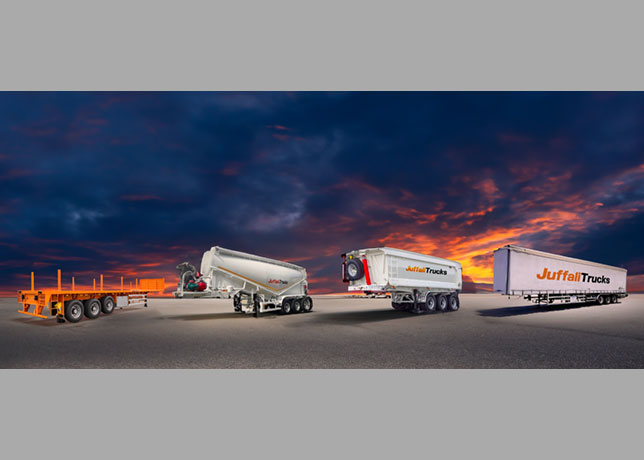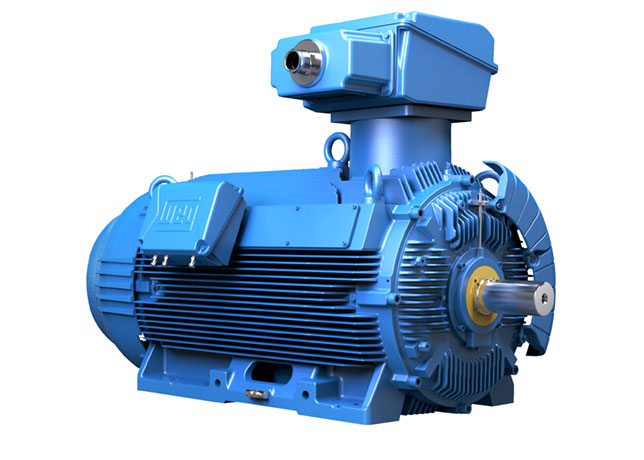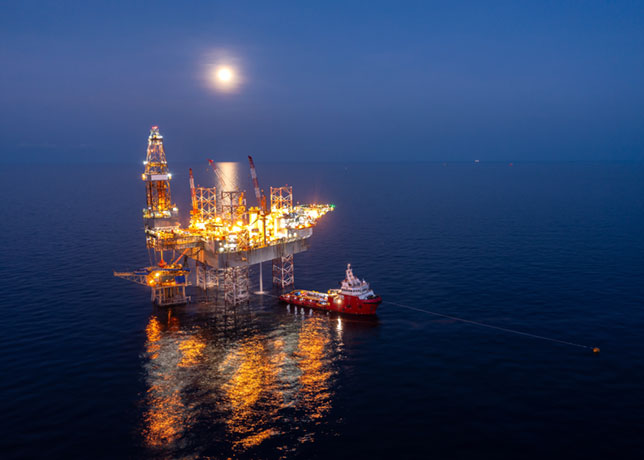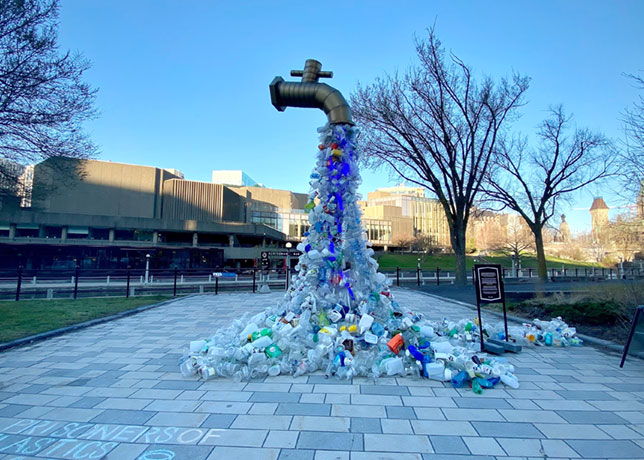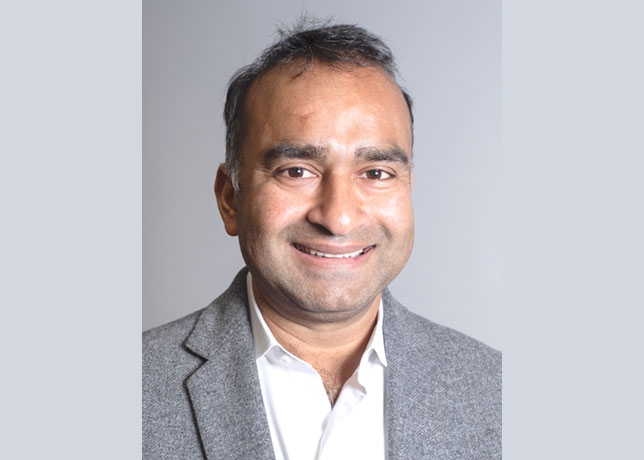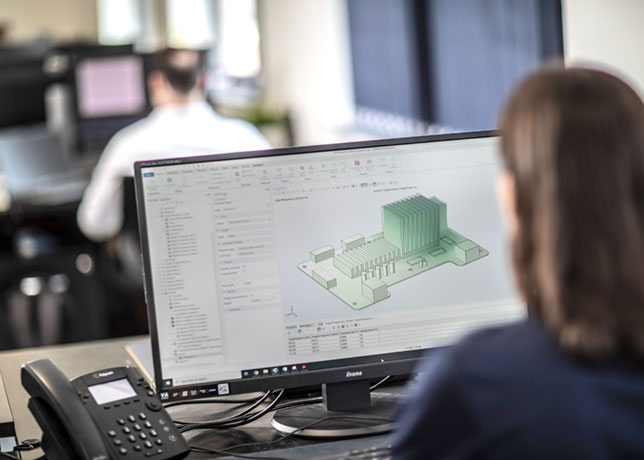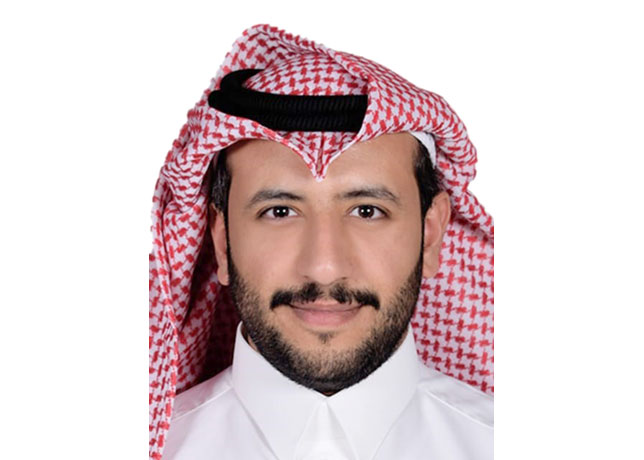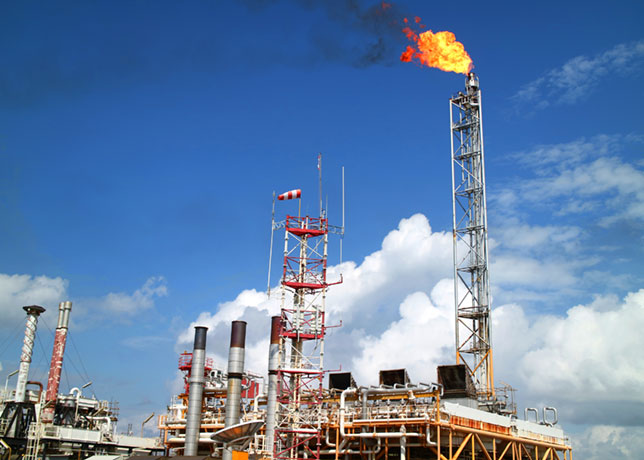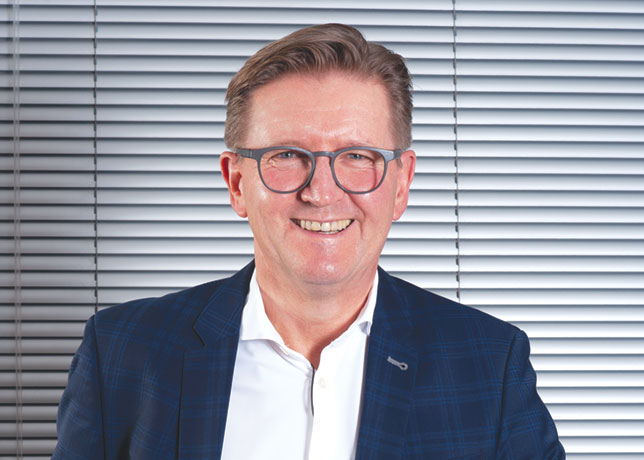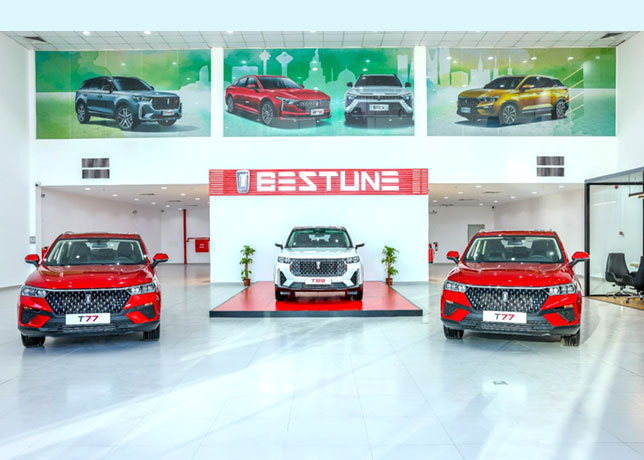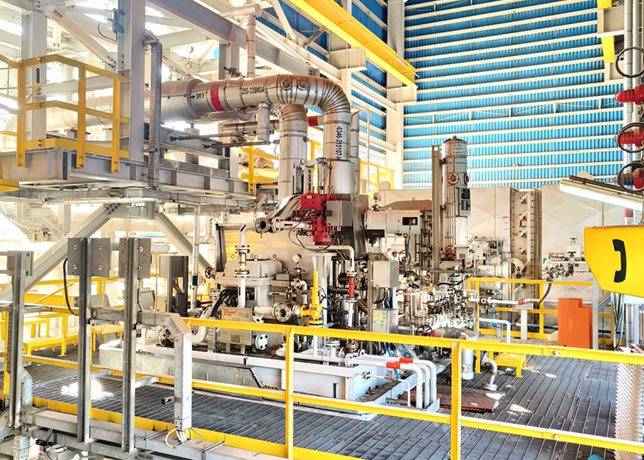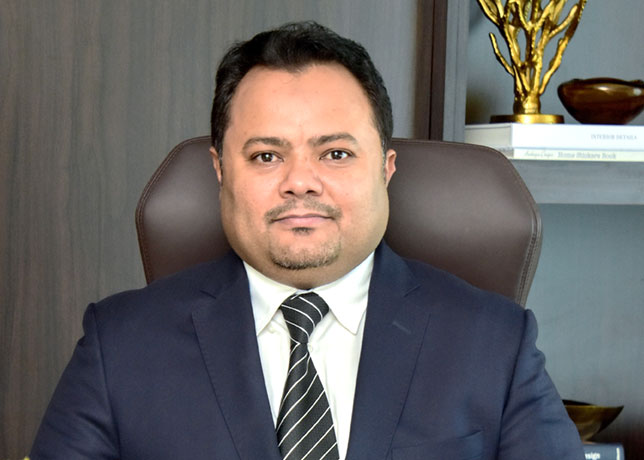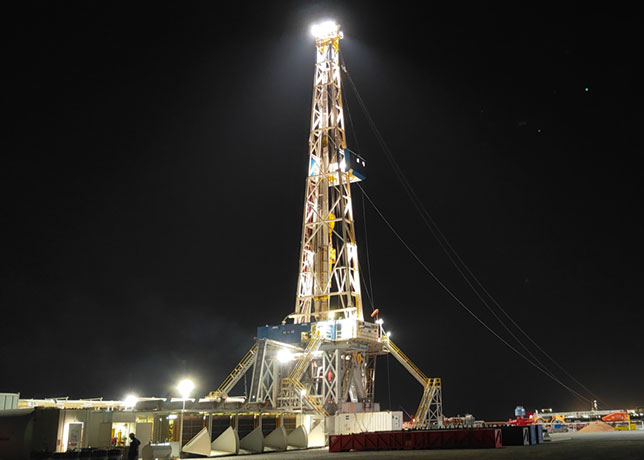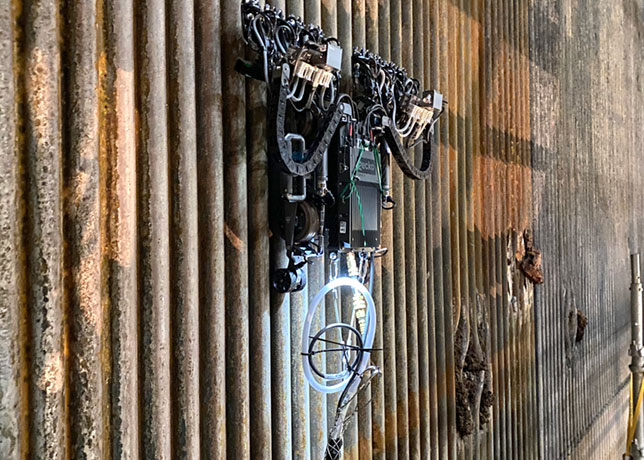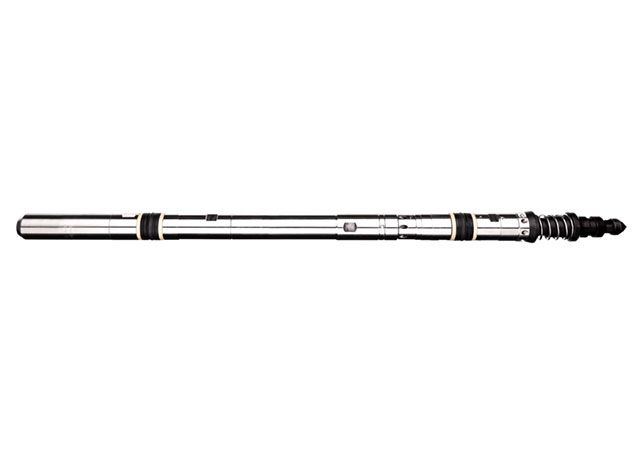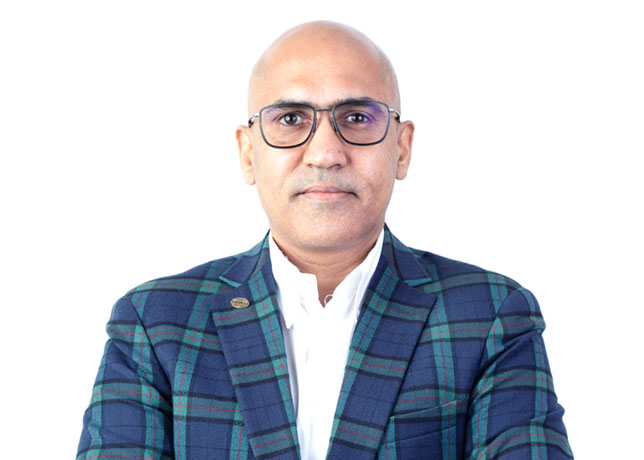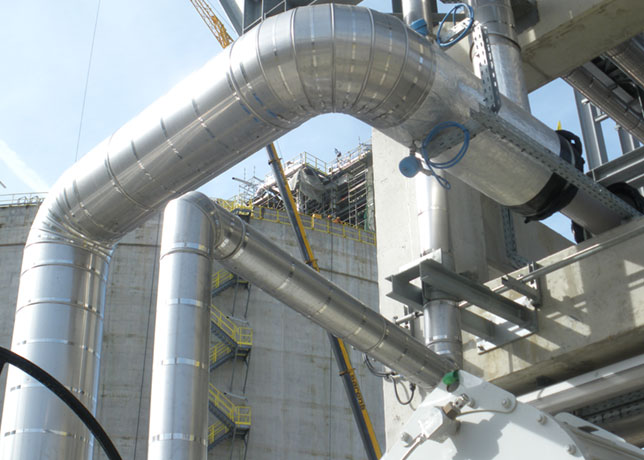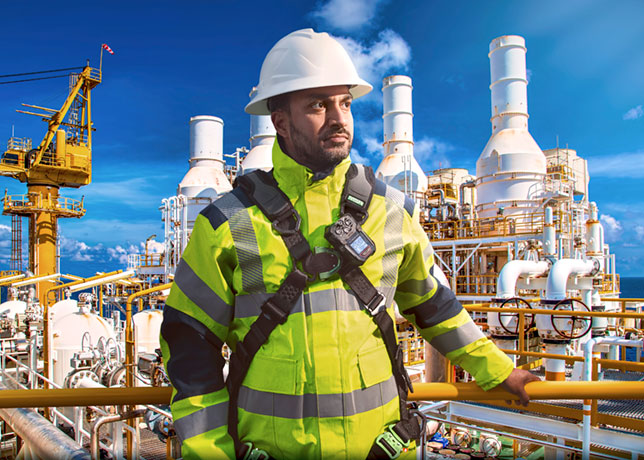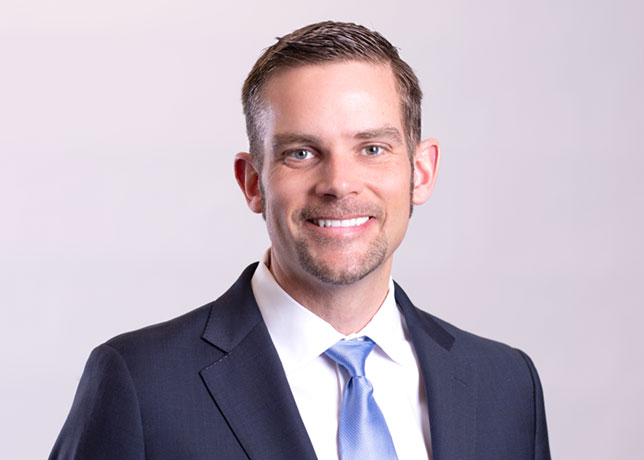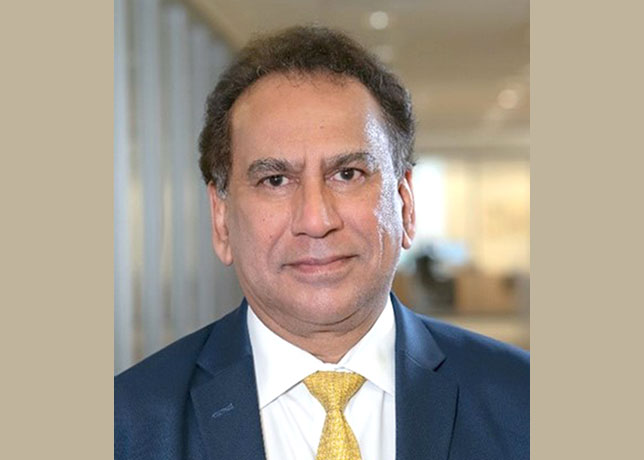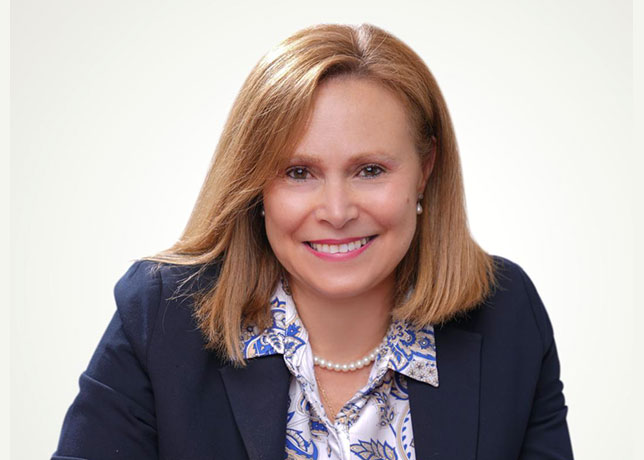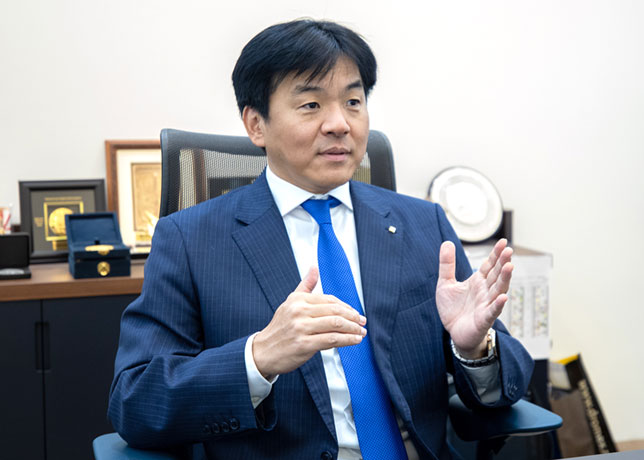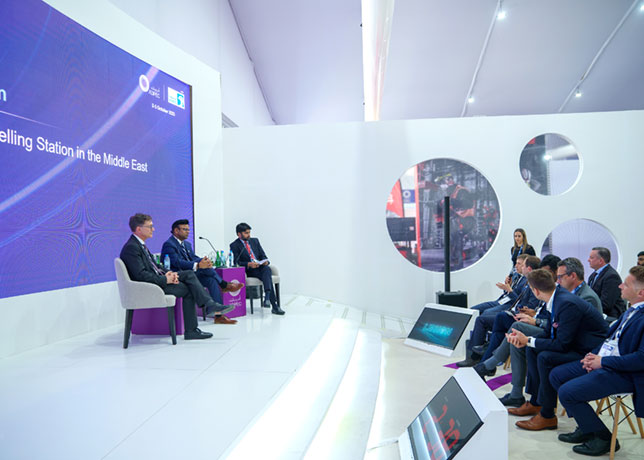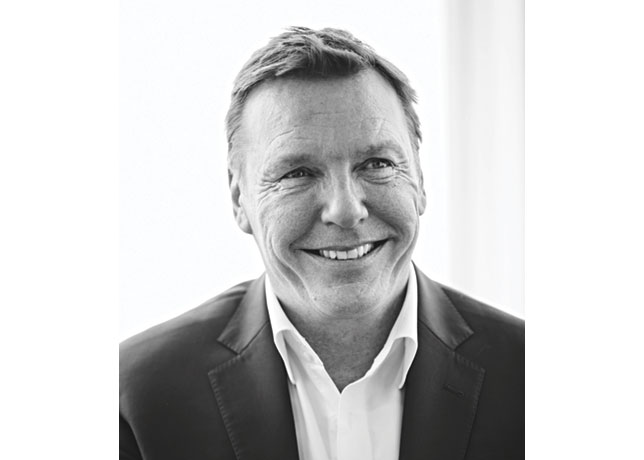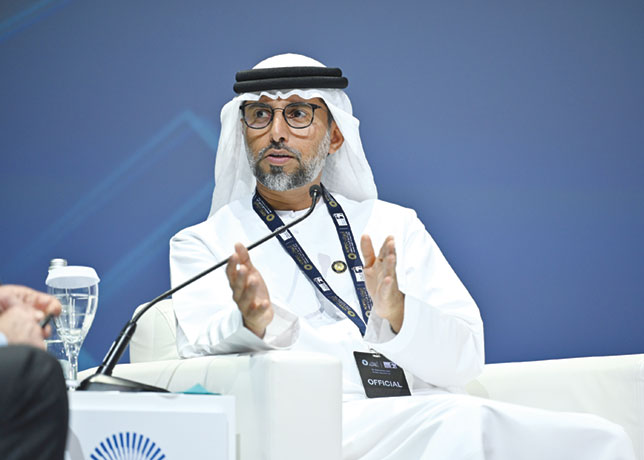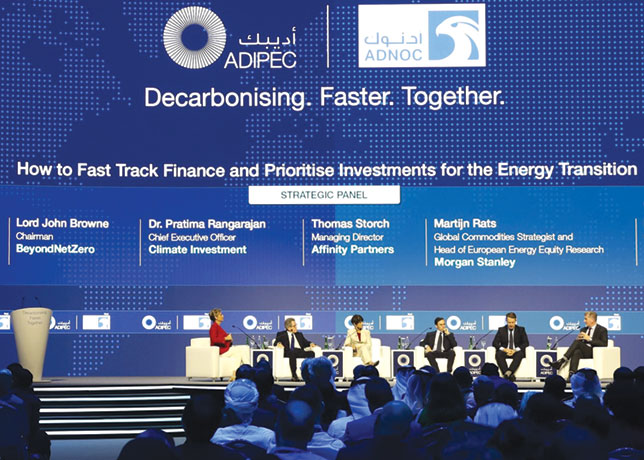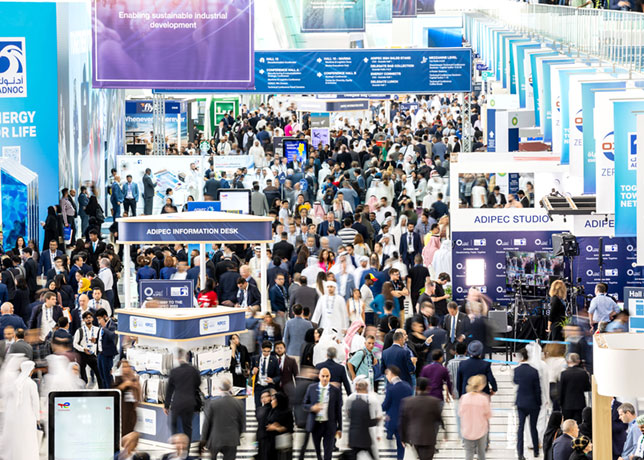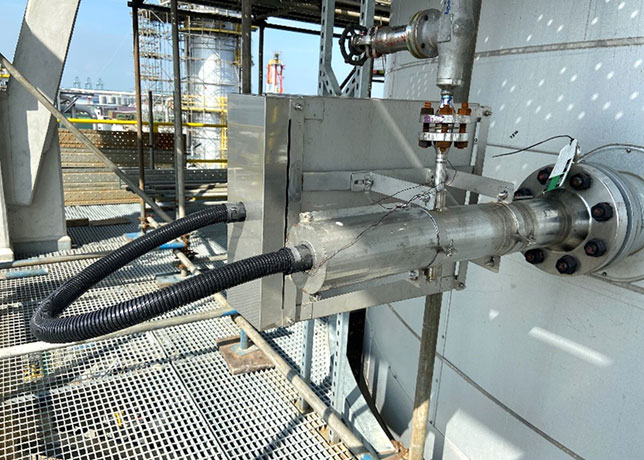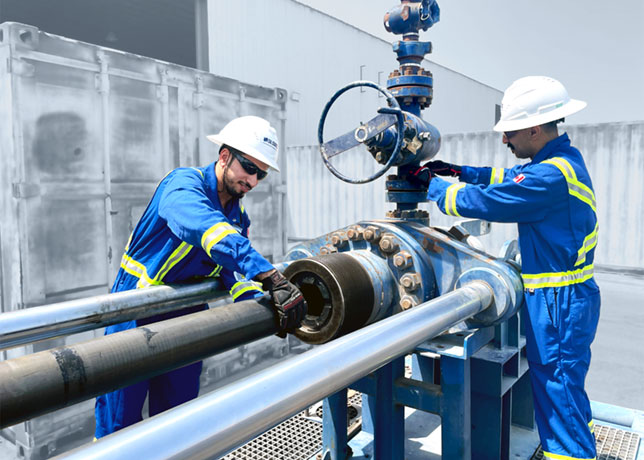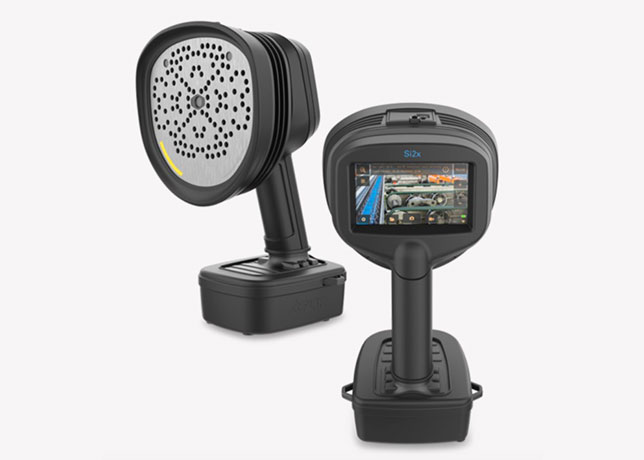
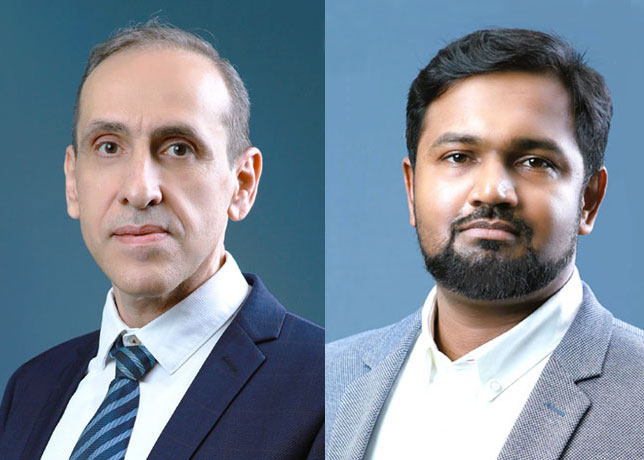 Khalil Sharara and Sunil Srinivasan
Khalil Sharara and Sunil Srinivasan
Sulzer's advancements in carbon capture and process solutions position it as a leader in the GCC’s sustainable energy transition, Sunil Srinivasan and Khalil Sharara tell OGN
The GCC region is embracing a brighter future with Sulzer leading the way in innovative carbon capture technologies, helping to transform its energy landscape for a more sustainable tomorrow.
With projects like a groundbreaking initiative at a major gas processing plant, the company is spearheading efforts to align industrial practices with sustainability goals in the region.
In an exclusive interview with OGN energy magazine Sunil Srinivasan, Country Manager UAE and Qatar, and Khalil Sharara, Head of Upstream Process Sulzer Chemtech Middle East, highlight how the UAE and GCC are navigating a crucial crossroads between energy production and environmental stewardship.
In an era where climate action is paramount, Sulzer is redefining the possibilities of carbon capture in the GCC.
Below are excerpts from the interview:
Sulzer has been a key player in carbon capture projects, including the large-scale carbon capture initiative at a gas processing plant. How do you envision the adoption of carbon capture technologies in the UAE and GCC, especially with the region's reliance on fossil fuels?
Sharara: That’s a great question! Given the region's heavy reliance on fossil fuels, carbon capture technology will be crucial in balancing energy needs and sustainability goals. The UAE and GCC are already making strides toward integrating renewables, but fossil fuels will remain a major part of the energy mix for the future.
 |
MellapakTMCC |
I am glad to announce that Sulzer is currently executing a large-scale carbon capture project in the Middle East, with a capture rate of 1.5 million tons of CO2 per annum, making it one of the largest carbon capture projects globally.
Our MellapakTM CC technology enhances the capacity and efficiency of the project, enabling us to capture larger volumes of CO2 at a lower cost while maximising performance.
By optimising the capture process, MellapakTM CC significantly reduces the carbon footprint of existing infrastructure.
By adopting innovative solutions like these, the region can move forward with its environmental objectives while still benefiting from its vast energy resources.
This dual focus on innovation and sustainability ensures that the UAE and GCC will continue to lead in both energy production and climate solutions.
With the launch of your MellapakEvoTM structured packing, how do you foresee this innovation impacting industries in the GCC, particularly those focused on petrochemicals and refining operations?
Sharara: The launch of MellapakEvoTM marks a significant leap in structured packing technology, and I believe it will have a transformative impact on industries in the GCC.
 |
Sulzer’s compact HiPerTM Deoiling Hydrocyclone skid |
Our clients are continuously seeking ways to optimise their operations, reduce costs, and improve energy efficiency. MellapakEvoTM offers highly effective interfacial area promoting the mass transfer between the vapor and liquid phase to separate components in a distillation column.
At the same time, the pressure drop is kept to a minimum, thereby extending the useful capacity of the packing.
For greenfield projects, this innovation means lower capital expenditure allowing smaller column sizes and reduced overall equipment costs.
For revamp projects, with careful analysis of the existing column configuration and process conditions, MellapakEvoTM enables operators to boost throughput and lower energy consumption without major changes to existing equipment.
In a region where energy efficiency and sustainability are increasingly critical, the potential savings in operational costs and the ability to meet stringent environmental targets make MellapakEvoTM a powerful tool for the future of refining and petrochemical operations in the GCC.
Sulzer has been instrumental in providing cutting edge mass transfer components such as trays and packings to the oil and gas industry. Are there any recent additions to your product portfolio to enhance your capability as a total process solution provider?
Srinivasan: Indeed, Sulzer has been providing cutting-edge mass transfer components such as trays and packings for years, but we’ve also expanded our portfolio to offer more comprehensive plug and play skid mounted process solutions.
 |
Sulzer’s compact HiPerTM TwinLineTM separator |
Sulzer’s process plant team has been involved in package business for quite some time, delivering complete, tailor-made solutions for a variety of applications such as solvent recovery, wastewater treatment, food and beverage, biofuels, biochemicals, oleochemicals and many more.
Recently, we’ve introduced a focus on upstream system technologies, which broadens our capabilities.
This includes skid mounted systems such as inline separation, advanced sand handling systems, and produced water treatment technologies.
Sulzer offers comprehensive support to customers, including feasibility studies, process and mechanical design, basic and detailed engineering, skid assembly, startup, and commissioning assistance, as well as after-sales support for skid-mounted systems.
These additions to our portfolio, position Sulzer as a total process solution provider, addressing challenges in the oil and gas industry.
Tell us more about your Upstream System Business and about your recent success in the Middle East.
Srinivasan: Sulzer’s Upstream System Business focuses on delivering advanced solutions for upstream oil and gas operations, especially for multiphase separation, de-sanding and de-oiling systems, and produced water treatment technologies.
These systems are typically compact, modular units that, depending on size, can be truck mounted. The compactness minimises size, weight, footprint, and costs; particularly beneficial for brownfield and offshore production units, offering maximum mobility, easy installation, flexibility, and reduced risks.
A few of Sulzer’s offerings include:
HiPerTM TwinLineTM Separator and Degasser: Patented compact inline gas-liquid separators in greenfield and brownfield debottlenecking operations.
HiPerTM Deoiler Hydrocylone: Compact, cyclone-based technology for produced water deoiling, can be retrofitted for increased flow while maintaining acceptable pressure drop. The system complies with stringent environmental regulations, ensuring customer specific oil-in-water concentrations.
HiPerTM Desander Hydrocyclone: Compact, cyclone-based technology for produced water desanding. This can be used in conjunction with our HiPerTM Solid Removal Cyclones installed in multiphase separators.
cMISTTM: licensed from ExxonMobil Upstream Research Company (EMURC) to Sulzer, cMISTTM can find its applications in high pressure compact gas processing systems significantly reducing the capex.
Success story: We recently achieved success with two major projects supplying eight skid-mounted sand treatment systems for a major offshore oil and gas producer in the region, utilising our compact HiPerTM Desander cyclone.
These tailored, high-performance solutions meet customer’s specific demands and reinforces Sulzer’s commitment to support customers with reliable, turnkey systems.
Within Sulzer, we note that you have capabilities, not only on supplying high-quality engineering services and manufacturing of components, but also providing specialist services at site, can you explain more on this and what advantages this gives to your customers?
Srinivasan: Sulzer has a specialised Tower Field Service team with extensive expertise in vessel and tower internals for both Sulzer and non-Sulzer equipment.
They are very active across the GCC on tower works, such as revamps, retrofits, or corrosion protection, where we can provide a streamlined solution to ensure minimal downtime to our customers.
Our field service expertise enables fast response and additional support for installation and service requirements, including automated weld overlay technology for improved corrosion and high-temperature resistance.
Both the tower field service and customer support teams are based on-site to provide technical advice to customers, address supply chain bottlenecks and ensure timely service.
At its Capital Markets Day 2024, Sulzer’s emphasised growth, excellence, and value creation. What investment plans does Sulzer have specifically for the GCC region, and how do you plan to navigate the unique economic challenges and opportunities in the Middle East?
Srinivasan: Our focus is on providing innovative solutions, and for that, we need talented people. We’re rapidly growing and expanding our team in Saudi Arabia, UAE, Bahrain, and other GCC countries, bringing in skilled engineers both local and international.
Specifically in Saudi Arabia, we’ve recently opened a new office to respond faster to emergency customer needs for service and equipment.
This expansion supports our long-term strategy to enhance local capabilities and meet the region's evolving needs around process solutions and services in wide variety of industries.
By Abdulaziz Khattak



